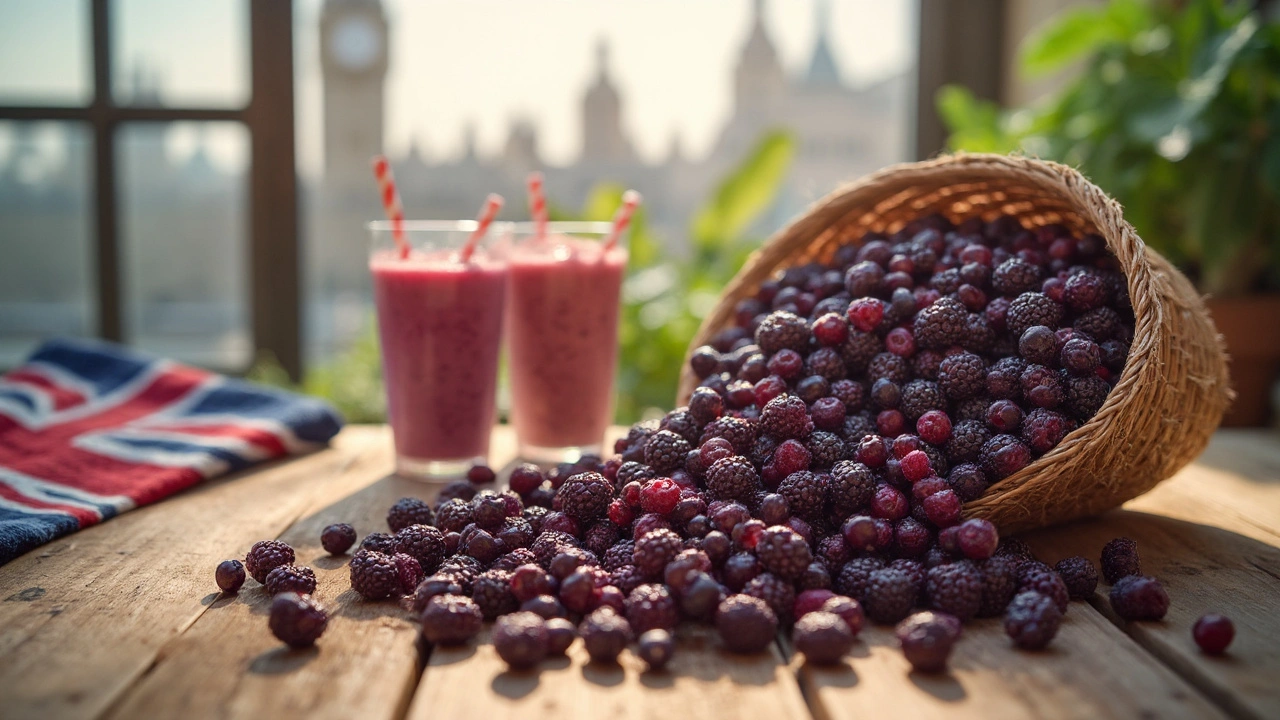Antioxidants: Simple Ways to Cut Oxidative Stress with Food and Supplements
Antioxidants are compounds that help neutralize free radicals — unstable molecules that can damage cells. You don’t need fancy tests to benefit: small, everyday choices in food and supplements add up. Below I’ll show clear foods to eat, simple supplement rules, and safety tips so you get benefits without guesswork.
How to get antioxidants from food
Food is the easiest and safest source. Aim for colorful plates: berries, leafy greens, red and orange veggies, nuts, and whole grains. Specific picks that work well:
- Berries (blueberries, strawberries): high in anthocyanins, easy to add to yogurt or oatmeal.
- Dark leafy greens (spinach, kale): rich in lutein and other carotenoids; cook lightly to improve absorption.
- Nuts and seeds (walnuts, almonds, flax): vitamin E and polyphenols — snack smart to get steady doses.
- Green tea: a daily cup gives catechins, especially EGCG, which are strong antioxidants. Replace one sugary drink with green tea and you’ll notice a change.
- Turmeric and ginger: both contain antioxidant compounds (curcumin in turmeric; gingerols in ginger). Add them to smoothies, soups, or stir-fries. Black pepper boosts curcumin absorption.
Cooking matters. Light steaming preserves nutrients better than boiling. Pair fat-soluble antioxidants (like carotenoids and vitamin E) with a little healthy fat — olive oil or avocado — so your body can absorb them.
Supplements, safety, and smart choices
Supplements can fill gaps, but they aren’t magic. Start with a food-first approach. If you pick supplements, keep these rules in mind:
- Don’t exceed RDAs by large margins. For example, vitamin C RDA is about 75–90 mg; vitamin E around 15 mg. High-dose antioxidant supplements can interfere with medications or reduce benefits from exercise.
- Watch drug interactions. Antioxidant supplements can change how some drugs work — especially blood thinners and certain chemotherapy drugs. If you take prescription meds, check with a pharmacist or doctor before adding anything new.
- Pick third-party tested brands. Look for seals from independent labs (USP, NSF, or ConsumerLab) to avoid contaminated or mislabeled products.
- Use targeted support, not randomized stacks. Want better digestion? Ginger or magnesium hydroxide (for constipation relief) may help. Looking for brain support? Some people explore vinpocetine — but talk to a clinician first because evidence and safety vary.
Finally, lifestyle amplifies antioxidant effects. Sleep well, move regularly, avoid smoking, and cut excess alcohol. These steps reduce oxidative load so the antioxidants you get from food and supplements can actually do their job.
If you want product suggestions or simple meal plans that pack antioxidant power, say which area you care about — skin, brain, heart, or general wellness — and I’ll make a short, practical list you can use right away.






